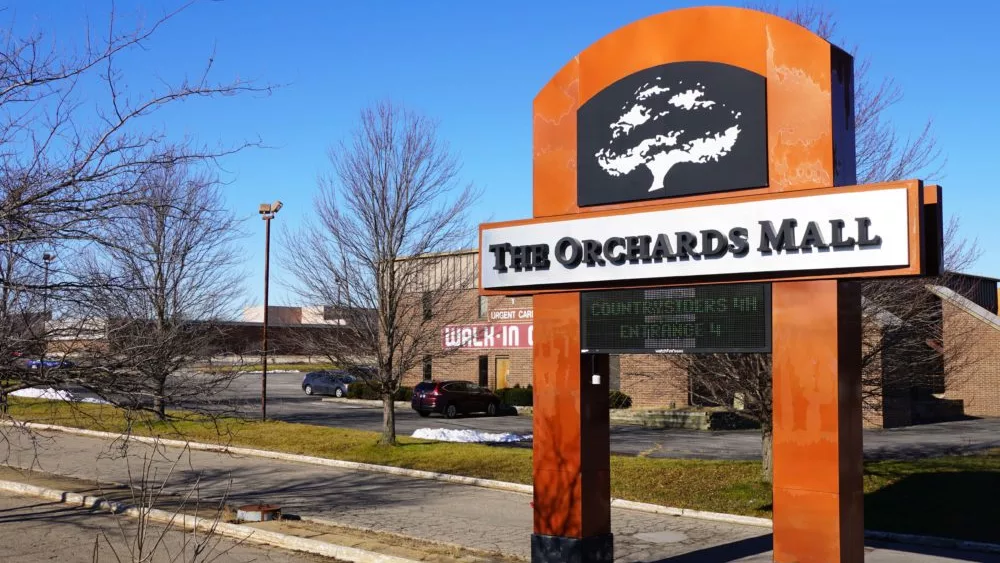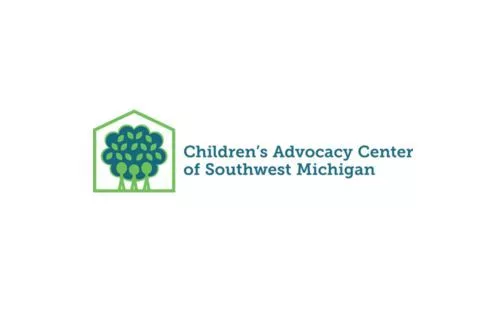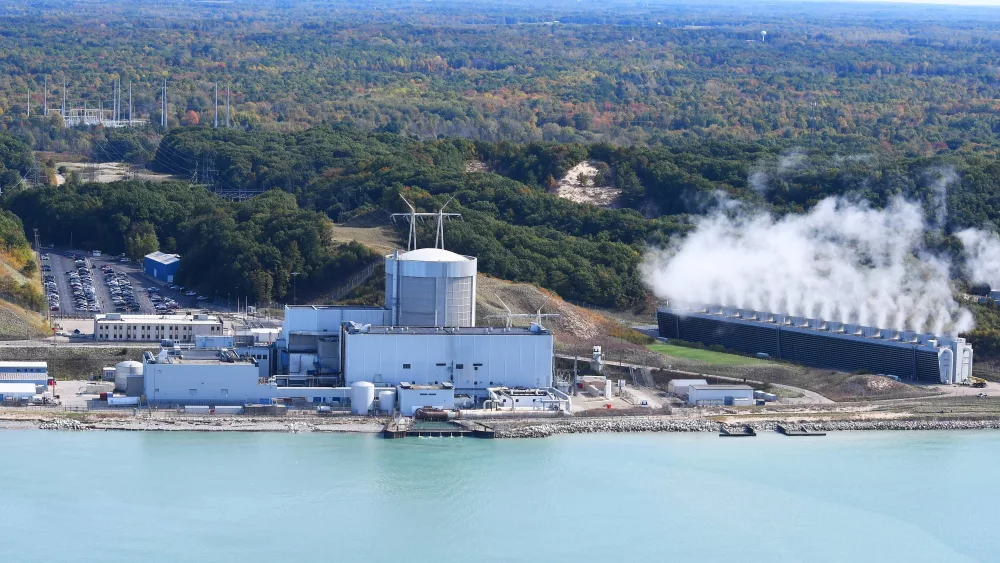The Governor of Michigan is jumping into the middle of the unfolding clean water crisis in Benton Harbor. Governor Whitmer issued a detailed Executive Directive that portrays the State working alongside City officials, perhaps hoping to avoid a repeat of the Flint water crisis of several years ago.
Here is the full text of the Governor’s announcement:
Governor Gretchen Whitmer today signed an executive directive aimed at ensuring access to safe drinking water for Benton Harbor and Lieutenant Governor Garlin Gilchrist II visited the community, meeting with residents and community leaders. The directive implements an all-hands-on-deck, whole-of-government approach to move forward with urgency and ensure that every parent can give their kid a glass of water with confidence.
In addition to the executive directive, Governor Whitmer announced the state is committed to expediting lead service line replacements using additional federal, state, and local resources, with the goal of replacing 100% of lead service lines in Benton Harbor in 18 months.
“Every Michigander deserves safe drinking water, and every community deserves lead-free pipes,” said Governor Gretchen Whitmer. “I’m proud to sign an Executive Directive today that will pursue a whole-of-government approach to protect access to safe drinking water right now and work tirelessly to replace every lead service line in Benton Harbor as soon as possible. I cannot imagine the stress that moms and dads in Benton Harbor are under as they emerge from a pandemic, work hard to put food on the table, pay the bills, and face a threat to the health of their children. That’s why we are also expediting the timeline to replace lead service lines in an effort to ensure that 100% of the pipes are lead-free in the next 18 months. We will not rest until the job is done and every parent feels confident to give their kid a glass of water knowing that it is safe.”
“Today’s executive directive is a step forward in the important work we have done in Benton Harbor,” said Lt. Governor Garlin Gilchrist. “The directive will implement a whole-of-government approach that brings together state, federal, local and municipal governments, and organizations on the ground, in the community, to solve short-term problems and replace Benton Harbor’s lead service lines as quickly as possible. Residents of Benton Harbor deserve access to clean, safe drinking water, and today’s executive directive mobilizes the resources of government to achieve that goal.”
To protect Benton Harbor’s youngest residents and prevent lead exposure, a request was submitted to the U.S. Department of Agriculture Food and Nutrition Service, to confirm authorization of WIC ready-to-feed formula. This will allow eligible WIC clients in the City of Benton Harbor currently receiving powder or liquid concentrate formula manufactured in ready-to-feed form access to formula that does not require mixing with water. Ready-to-feed formulas would be redeemed like current formula benefits, using the WIC EBT card at authorized WIC vendors.
“Every Michigander deserves access to water they can trust to drink and that they can trust to give to their family,” said MDHHS Director Elizabeth Hertel. “I am committed, our department is committed and our partners are committed to continuing to put the health of the people and families of Benton Harbor at the center of every decision we make. We are taking every precaution and addressing this problem with all the tools that we have at our disposal. We will be here, working in this community, providing bottled water until further notice.”
A notification was submitted to the Centers for Medicare and Medicaid Services, to expand use of Medicaid Child Health Insurance Program Health Services Initiative funds for lead prevention services for Benton Harbor households. Once the notification process is complete, households with children under 19 years of age enrolled in a Medicaid Health Plan, or a pregnant person enrolled in a Medicaid Health Plan, would be eligible for a free environmental investigation into lead hazards within the home, and to provide the necessary lead abatement work to ensure the home is lead-safe.
“Benton Harbor is a proud community with a rich history and everyone I talk to in Benton Harbor wants to protect their children, neighbors and friends. They just want to know that the water is safe to
drink,” said Regina Strong, Michigan’s Environmental Justice Public Advocate. “That’s why Governor Whitmer’s actions today are so important. They reflect what we have committed to do – ensure that everyone in Benton Harbor has access to clean, safe drinking water. Standing with the families of Benton Harbor is an environmental justice priority that we must address with urgency.”
“Today’s executive directive is the result of close collaboration between the City of Benton Harbor and the Whitmer-Gilchrist Administration to meet the needs of residents in Benton Harbor,” said Benton Harbor Mayor Marcus Muhammad. “I am grateful for the state’s diligent work to respond to our concerns and provide resources for residents in need. I look forward to continuing our work with state and federal governments to protect residents of Benton Harbor, promote access to safe drinking water, and take advantage of the resources we have to replace the city’s lead service lines as soon as possible.”
“Water is the first human need,” said Bishop James Atterberry, Brotherhood Church. “It is the building block of life. In Michigan, we are blessed to be surrounded by the most magnificent bodies of freshwater on Earth, and every single one of our residents in every community, deserves access to safe drinking water. Today’s executive directive is a good step forward for the city of Benton Harbor, and I look forward to continued action from state, federal, and local governments to fix the issues that Benton Harbor residents face. We will not rest until every child is safe from lead and every family knows their water is safe.”
Executive Directive (ED) Actions
The executive directive builds on ongoing efforts underway at various departments and by critical stakeholder groups and community leaders, ensuring state government and its partners are all rowing in the same direction and laser-focused on shared goals.
Here are some of the actions the directive takes:
- Residents of Benton Harbor must continue to have access to free bottled water until further notice.
- Residents must be offered free or low-cost lead-related services including but not limited to drinking water testing and health services.
- The State of Michigan will collaborate closely with federal partners, county officials, city officials, and community leaders to communicate up-to-date information and leverage every available resource to accelerate lead service line replacement.
Lead Service Lines (LSLs)
Under Michigan’s Lead and Copper Rule, the strictest nationwide, every community is required to replace 5% of its LSLs every year, meaning 100% replacement in 20 years. However, any community experiencing an action level exceedance, or ALE, is required to replace their LSLs at a rate of 7% per year, meaning 100% completion in just under 15 years.
Recently, the Whitmer-Gilchrist Administration delivered just under $20 million to Benton Harbor to speed up their LSL replacement timeline. Today, the governor announced the state is committed to expediting lead service line replacements using additional federal, state, and local resources, with the goal of replacing 100% of lead service lines in Benton Harbor in 18 months.
With additional federal funding expected under the bipartisan Infrastructure Investment and Jobs Act making its way through Congress, the State of Michigan will receive billions more to fix its infrastructure, including lead pipes.
Lead
There is no safe level of lead. Lead exposure harms brain development in children and it causes both short and long-term health problems for adults. The leading causes of lead exposure are drinking water and paint. About 34 million homes have lead-based paint and around 9.2 million have lead pipes. Michigan’s top priority is simple: safe drinking water for everyone.
Whitmer-Gilchrist Administration Actions
In the two and a half years since the Whitmer-Gilchrist Administration took office in January 2019, the State of Michigan has invested more in its water infrastructure than the previous five years—from 2014 to 2018—combined. The governor launched the MI Clean Water plan to invest $700 million to build up drinking and wastewater infrastructure while supporting 10,000 good-paying jobs. The plan addresses high water rates, tackles toxic contaminants like PFAS, builds up sewer and septic systems that can’t meet demand, and replaces lead service lines. In addition to MI Clean Water plan, Michigan has invested millions in drinking water, stormwater, and wastewater facilities across the state supporting thousands of local jobs.
To view the full executive directive, click the link below:






